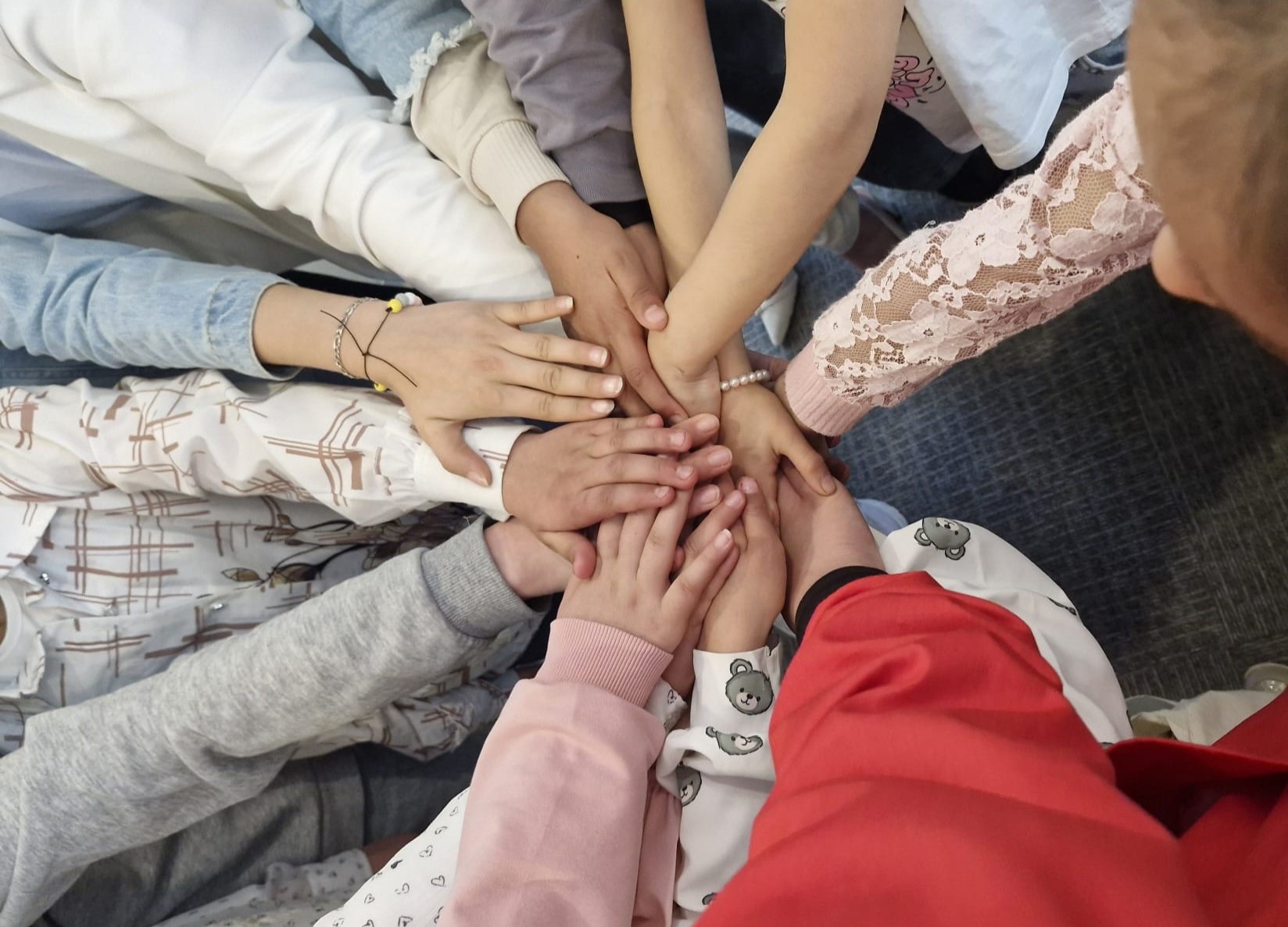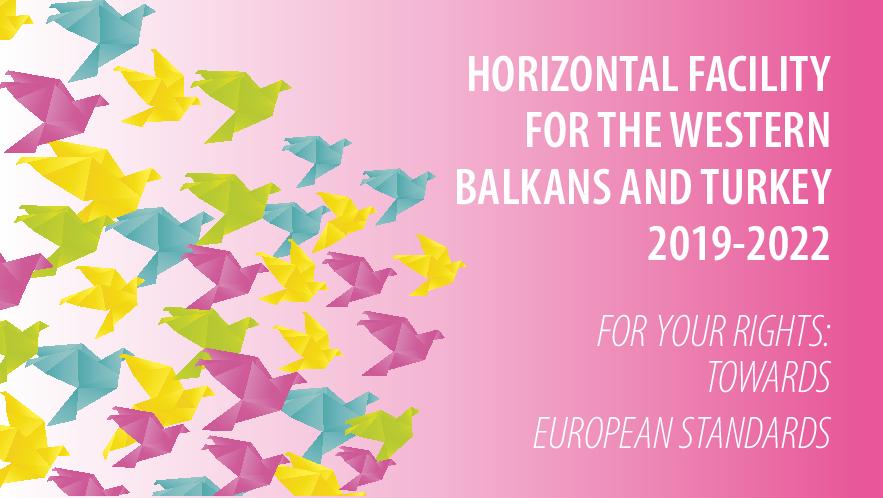Nearly 49 million children have been forcibly displaced worldwide − many unaccompanied or separated from their families. In response to their urgent protection needs, an online conference on “Alternative Care Arrangements for Unaccompanied and Separated Children in the Context of Migration” convened diverse professionals across Europe to highlight human rights standards, share promising practices, and explore alternative care models for unaccompanied children on the move.
A dedicated session underscored States’ obligations to protect and care for unaccompanied children in migration, drawing on the case-law of the European Court of Human Rights, the Council of Europe Committee of Ministers’ Recommendations on age-assessment, guardianship, and transition to adulthood, as well as the United Nations Guidelines for the Alternative Care of Children.
As the leading refugee-hosting country in Europe, Türkiye was the focus of an evaluation report on “Alternative Care Arrangements for Unaccompanied and Separated Children in the Context of Migration” presented during the conference. The report outlines current care practices and offers recommendations to strengthen alternative care for unaccompanied children in the country.
In the final session, participants gained insights into a range of alternative care models − such as foster care, kinship care, supported independent living, and supported lodgings − drawing on practical experiences and insights from Ireland, Luxembourg, the Netherlands, Spain, and Türkiye.
The discussions highlighted the importance of developing inclusive, rights-based, and durable care solutions that recognise and build upon the resilience, needs, and views of children on the move.
The conference was organised as part of the action on “Strengthening the human rights protection in the context of migration in Türkiye”, within the joint European Union and Council of Europe programme “Horizontal Facility for the Western Balkans and Türkiye.


